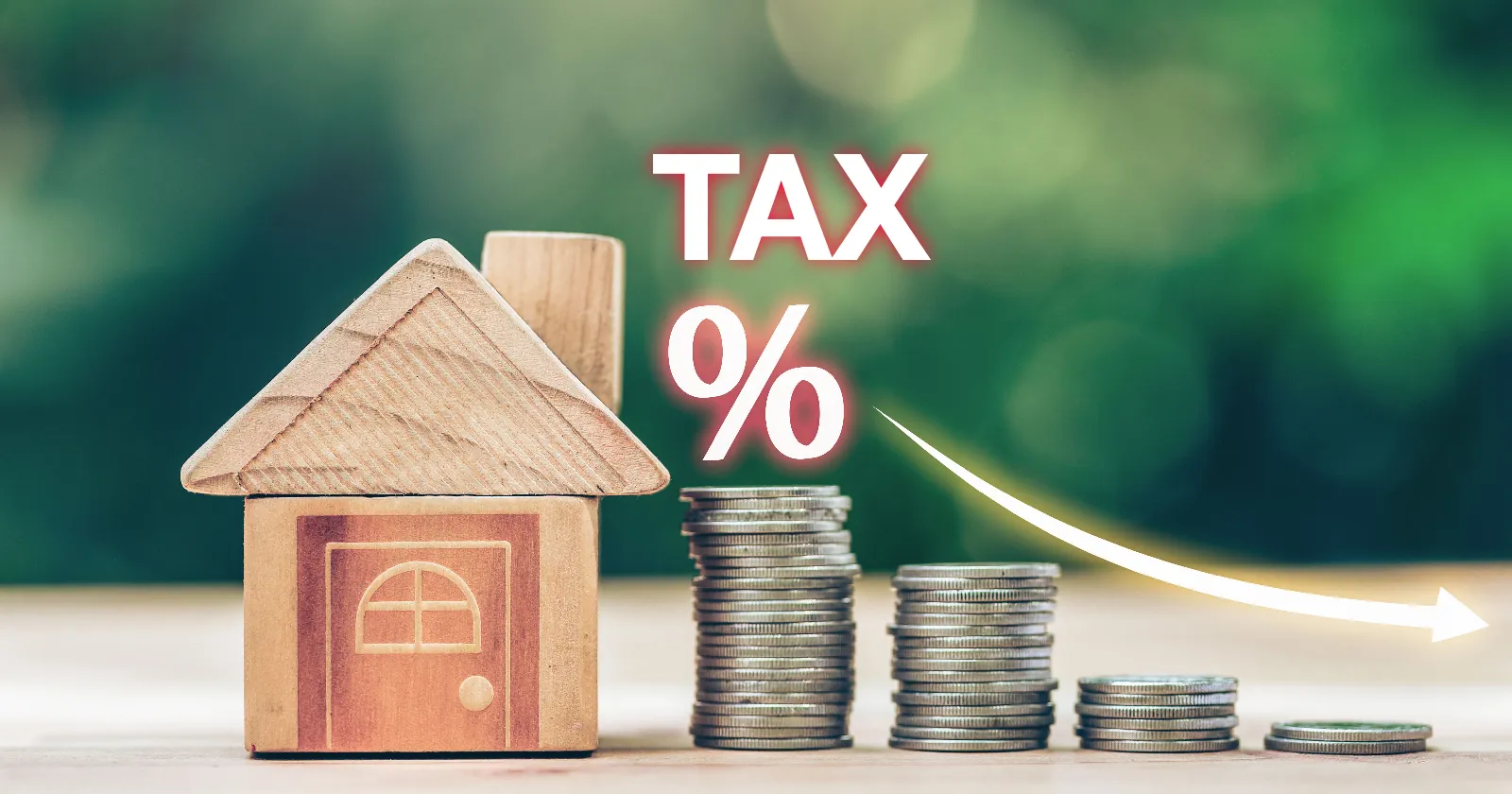If you've always dreamed of owning your own house, now might be the time to do so. Earlier in Budget 2019, the Government of India introduced a new provision in the Income Tax Act, 1961 - Section 80EEA. This provision aims to help the government achieve its "Housing for All" objective by encouraging taxpayers to acquire a house.
The government has now extended the interest deduction allowed on low-cost housing loans between 1 April 2019 and 31 March 2022 as part of its objective, "Housing for all."
Section 80EEA
Under this provision, you can claim a deduction for the interest you pay on your housing loan. If the loan had been taken out, it should have been used for acquisition of a Residential House. This section does not cover the construction of a Residential House. This section allows you to deduct up to ₹ 1,50,000 per financial year. You can claim this deduction until the loan is fully repaid.
Read on to find out more about how you can avail the tax benefits offered by Section 80EEA.
The Eligibility Criteria
Only Individuals are eligible for the deduction under this section. HUFs, AOPs, partnership firms, companies, or any other type of taxpayer cannot claim benefits from this section.
Deduction Amount
Under Section 80EEA, tax deductions for interest payments are available up to a limit of ₹ 1,50,000. This is in addition to the deduction of ₹ 2,00,000 allowed under Section 24(b) of the Income Tax Act.
Therefore, taxpayers who meet the conditions of section 80EEA may claim a deduction of ₹ 3,50,000 for interest on home loans.
Other Conditions
In order to claim a deduction under Section 80EEA, you must own no other house property as on the date of loan sanction.
Qualifications to Claim the Deduction
The following conditions should be fulfilled before claiming the deduction:
- If you want to buy a residential house, you must take out a housing loan from a financial institution or housing finance company.
- The loan should be approved between 1st April 2019 and 31st March 2022.
- The value of stamp duty of the house property should not exceed ₹45 lakhs.
- Individual taxpayers should not be eligible to claim deductions under existing Section 80EE.
- Taxpayer should be a first-time home buyer. At the time of loan sanction, the taxpayer should not own any residential property.
- If you and your spouse own a property jointly, and both of you make loan payments, then the deduction can be claimed by both of you.
- Individuals who are resident or non-resident can take advantage of Section 80EEA.
- It is not specified in the section whether the residential house needs to be self-occupied to be eligible for the deduction. This means that despite of not having possession, deduction can be claimed under this section.
To claim tax benefits under Section 80EEA, you need to satisfy all of the conditions collectively.
Conditions Regarding Carpet Area of the House Property
The following conditions were outlined in the memorandum to the finance bill, but not in section 80EEA:
- In the metropolitan cities of Delhi National Capital Region (limited to Delhi, Noida, Greater Noida, Gurgaon, Faridabad, and Ghaziabad), Kolkata, Bengaluru, Chennai, Hyderabad, and Mumbai (the entire metropolitan area of Mumbai) - the carpet area of the house property should not exceed 60 square meters (645 square feet).
- The carpet area should not exceed 90 square meters (968 square feet) in other cities or towns.
- Moreover, this definition will be applicable to affordable real estate projects approved after 1 September 2019.
About Section 80EEA and Section 24
Section 24 of the Indian Income Tax Act allows homeowners to deduct interest payments on their home loans up to a limit of ₹ 2,00,000 if :
- They or their family lives at the property.
- Even when a house is vacant.
However, in case the property is let-out actual interest on Housing Loan will be allowed as deduction. There is no ceiling limit for claiming interest in case of let-out property.
The income tax benefits under Section 24 and Section 80EEA of the Income Tax Act can be claimed if you satisfy the conditions of both sections.
Deduction under Section 80EEA is over and above the deduction under Section 24. Therefore deduction under section 80 EEA is in addition to the Rs 2 lakh limit allowed by Section 24.



Comments